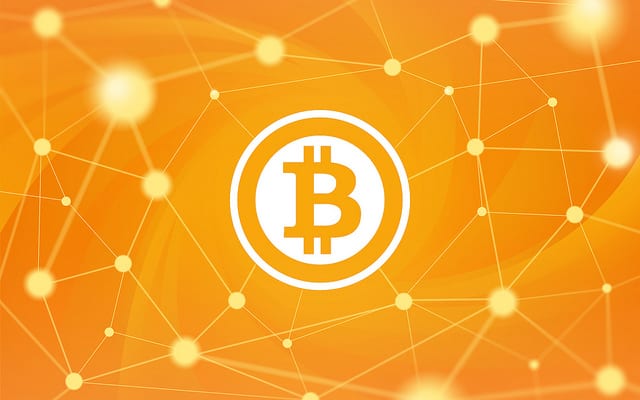We’re taking some page-space this month to dive into the generation du jour – millennials – and their relationship with consumerism and/or postconsumerism. One thing that’s truly unique about this generation is that they’re growing up in a world with virtual capital as an option. More than ever, money is traded across wi-fi networks. In some cases, that money isn’t even money! Does the evolving relationship with money and capital change how millennials view consumerism? We’re not sure that it would be possible for it not to. But the question then is, how does it impact consumerism – and is that impact a positive or a negative?
So, Virtual Capital, Huh?
We’ll say it – you can’t even Google this term and find a good definition because we just created it as we were brainstorming topics for this portion of the Postconsumers content calendar. Virtual capital to us means anything where the money “isn’t real.” “So, you mean a credit card?” you ask. No, that’s still real money. You’re still going to have to pay back the money you put on the credit card with real money from your bank account. Bitcoin would be the best (but not only) example of this not done in a more “barter” scenario. If you’re not familiar with Bitcoin, how it operates and its many controversies, we’re going to leave that to your own inventive Googling. It’s far too big of a topic (and frankly too complex) for us to tackle here. But Bitcoin isn’t the only example. In many cases these days, an entire range of online virtual “values” can be used as currency. Scoring points in video games is the most common, but basically anywhere that has rewards points that you can transfer counts.
What Happens Psychologically with Virtual Capital?
This is the big question, and we want to caveat this by saying that we are not professional sociologists or psychologists. We’d love to hear thoughts from anybody in that camp, though! We are simply professionals who devote an extraordinary amount of time to thinking about consumerism, postconsumerism, and the relationship to mental health and wellness. One thing that we’ve heard over and over again as we talk to people about their relationship to “stuff” is that the tangible ability to touch something matters to them for some reason. A memory is meaningful, but the souvenir that “holds” that memory takes on even more importance in some ways. There are certainly layers upon layers of conditioning and fear and lack of time spent with one’s own mind that go into that belief, but we’re wondering if the same layers won’t become impactful as capital goes virtual.
Think of it this way: In an evolutionary sense, the paper check and then the credit card were the first real forms of virtual capital – before capital evolved into its current nascent entirely virtual stage. With checks, people didn’t think of the money as “real” and overdrafts became a regular occurrence (no, we will not believe you if you say those are all simply accounting errors). With credit cards and lines of credit, we saw the situation escalate even further. Not only did people buy things that they simply did not have the money for, they did it in excessive numbers and contributed to (note that we did not say caused) a national debt crisis. When the money wasn’t “real” any more, the “stuff” accumulation grew and grew and grew.
Virtual capital is the next evolution of that process, and the risk that it will enable consumerism rather than slow or control it is large. At the moment, it’s a small minority of people who participate fully in a virtual capital system. But lines of credit were once only extended under excruciatingly well-reviewed circumstances to a select few. Over time, that obviously changed. And with the virtualization of all things, one can expect the same to be true of virtual capital. As money becomes less “real,” will consumption grow as people feel the boundaries to consumption are lessened?
Of course, there’s also the more optimistic view. One could see this as the possibility that society is moving to a virtual capital system because society is moving towards virtual, well, everything. In that world, is there still an addictive consumption and consumerism problem? Likely any time there is currency of any kind – there is consumerism. We’re not going to paint a picture as though the move to virtual will cure all ills. But it may change some of the views on what to consume. Don’t get us wrong, addictive consumerism in any form is a very bad thing. With that said, virtual consumerism is likely to at least have less of an impact on the planet. The mental health impact, on the other hand, will be just as bad if not worse.
It’s possible, if not likely, that in less than a decade somebody will find this article archived and laugh at our attempts to decipher how virtual currency will change the world – either because virtual currency will be long gone by then or because we’ve guessed wrong in either instance. But we like to think that it’s just as possible that they’ll read this and figure that we were revolutionary for even considering this topic! Either way, we hope that when they read this, addictive consumerism has been wiped out as a global epidemic.
Did we miss an important point on millennials and consumerism and how virtual capital may impact it? Tell us about it on the social media channels below.
Facebook | Twitter | Instagram | Tumblr | Pinterest | Google+ | Medium
Photo Credit: Jason Benjamin via Flickr




